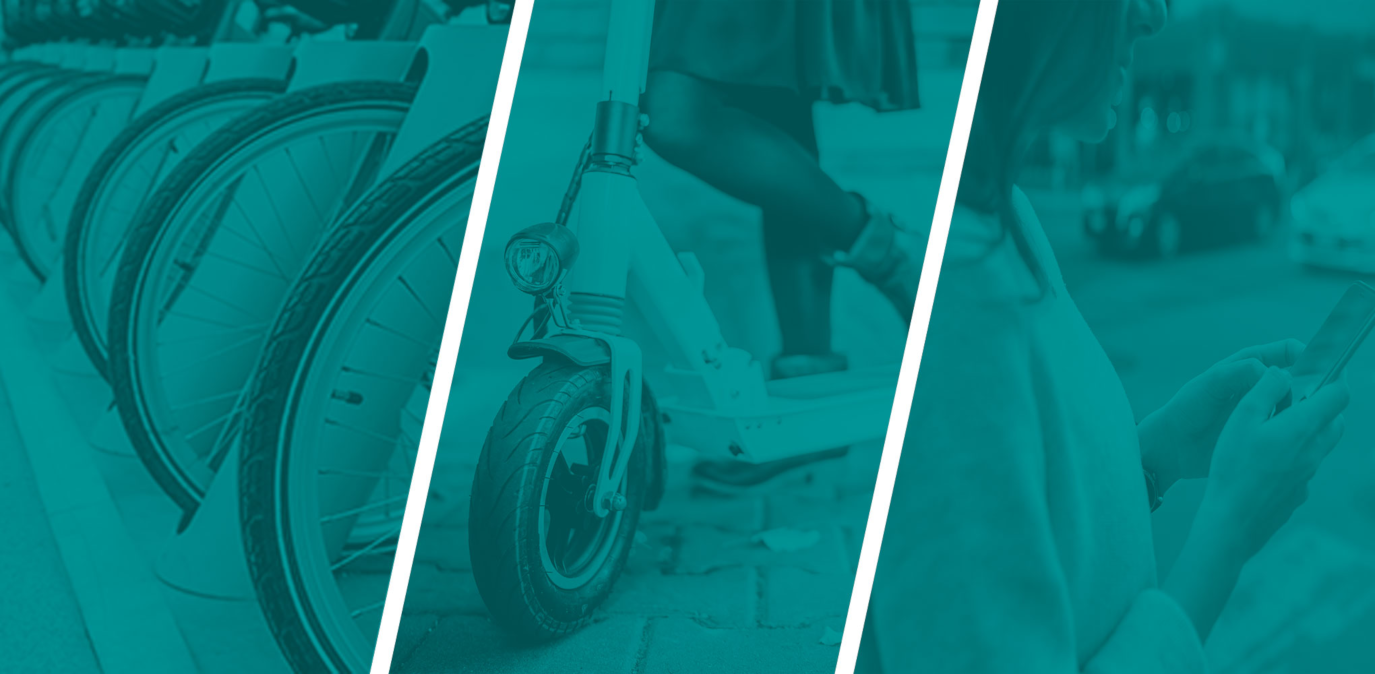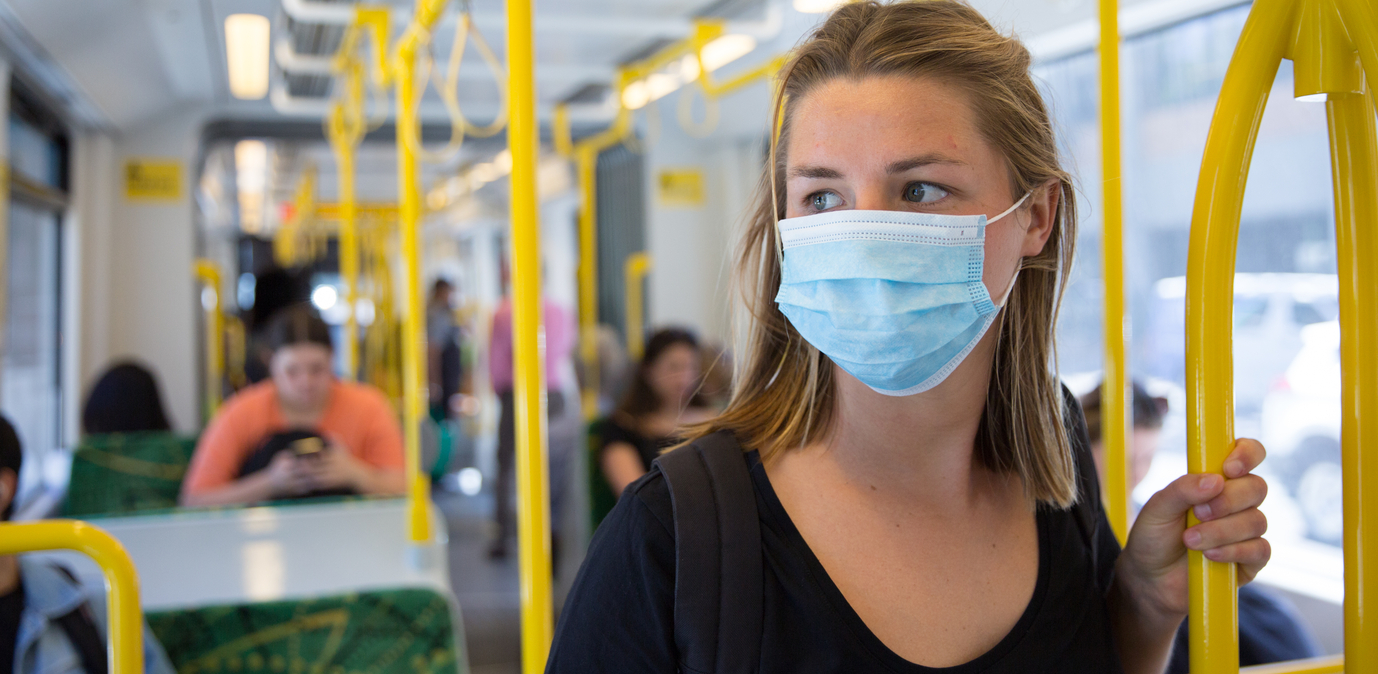Top 3 On Demand Mobility Stories in Europe - 5 July 2019
by Matthew Niblett on 05 Jul 2019
This week's top three: Another new player to enter London's ride hailing market; Brussels municipality urges regional government to act on e-scooter parking; and Russia introduces new regulations for carpooling.
We've decided to move the Top 3 Stories publication date to Fridays, we hope you continue to enjoy reading it. As ever, your feedback is very welcome.
1. Another new player to enter London's ride hailing market
Transport for London has granted Indian ride hailing firm Ola a licence to operate in the British capital. Ola has received a private hire vehicle operating licence, and intends to launch its services in London in September. An Ola spokesperson said that the company is looking forward to building world-class mobility offerings for London, by collaborating with drivers, riders, the government and local authorities.” This comes after two new ride hailing services, Bolt (formerly Taxify), and Kapten (formerly Chauffeur Privé), also started operating in London in the past two months.
2. Brussels municipality urges regional authority to act on e-scooter parking
Officials working for the municipality of Ixelles, which is one of the constituent municipalities of the Brussels Capital Region, urged the regional government to start fining e-scooter riders for failing to park the scooter in an appropriate location. This week Ixelles created designated scooter parking spots to try and "create some order in the chaos" according to the Mayor, Christos Doulkeridis. Earlier in June, it was reported that the regional government was considering the introduction of new rules on e-scooter parking.
3. New carpooling regulations on the way in Russia
The Russian Government has introduced a bill which seeks to regulate carpooling services. The draft legislation would impose a daily limit of two carpooling trips per driver, limit the total number of passengers at five, and create a pricing structure for carpooling which takes account of fuel prices and toll roads, amongst other things. The draft law will state that all payments must be made online, rather than with cash.
This is a weekly note covering the top three developments in the regulation of on-demand transport in Europe. It covers taxis, ride-sharing, car sharing, carpooling, bikes, e-bikes, scooters, shared mopeds and anything else that's relevant to the sector.
If you'd like to receive this direct to your inbox then please enter your email address below:
Topics: Transport, Sharing economy, Collaborative economy, Sharing and on-demand transport, Top 3 Mobility Stories This Week, Mobility, Matthew Niblett






Comments